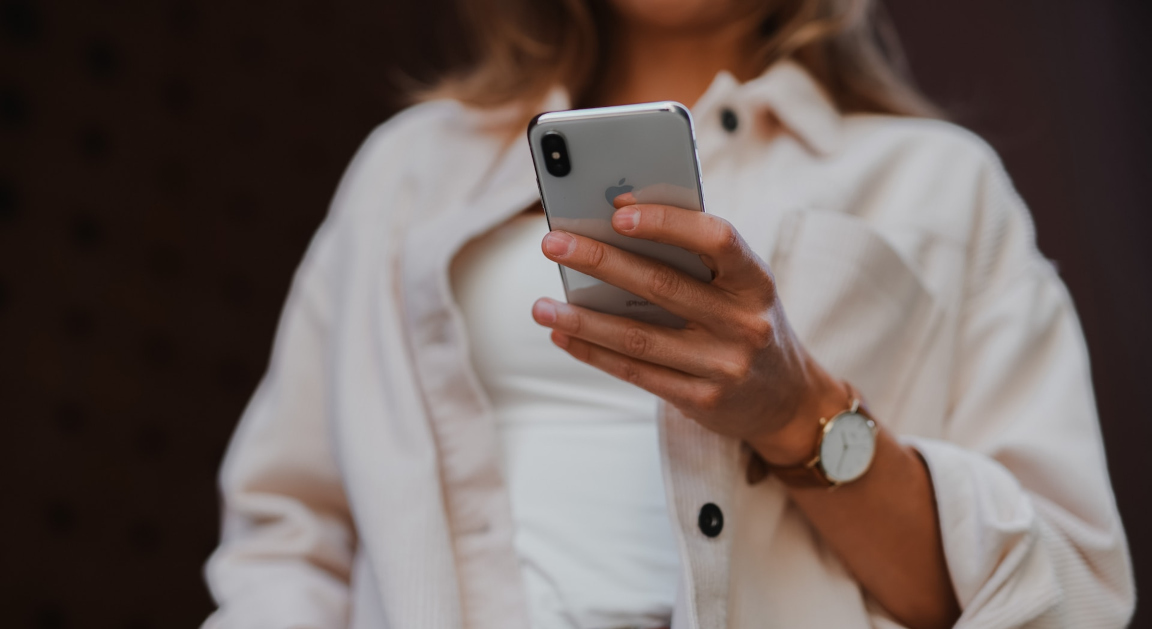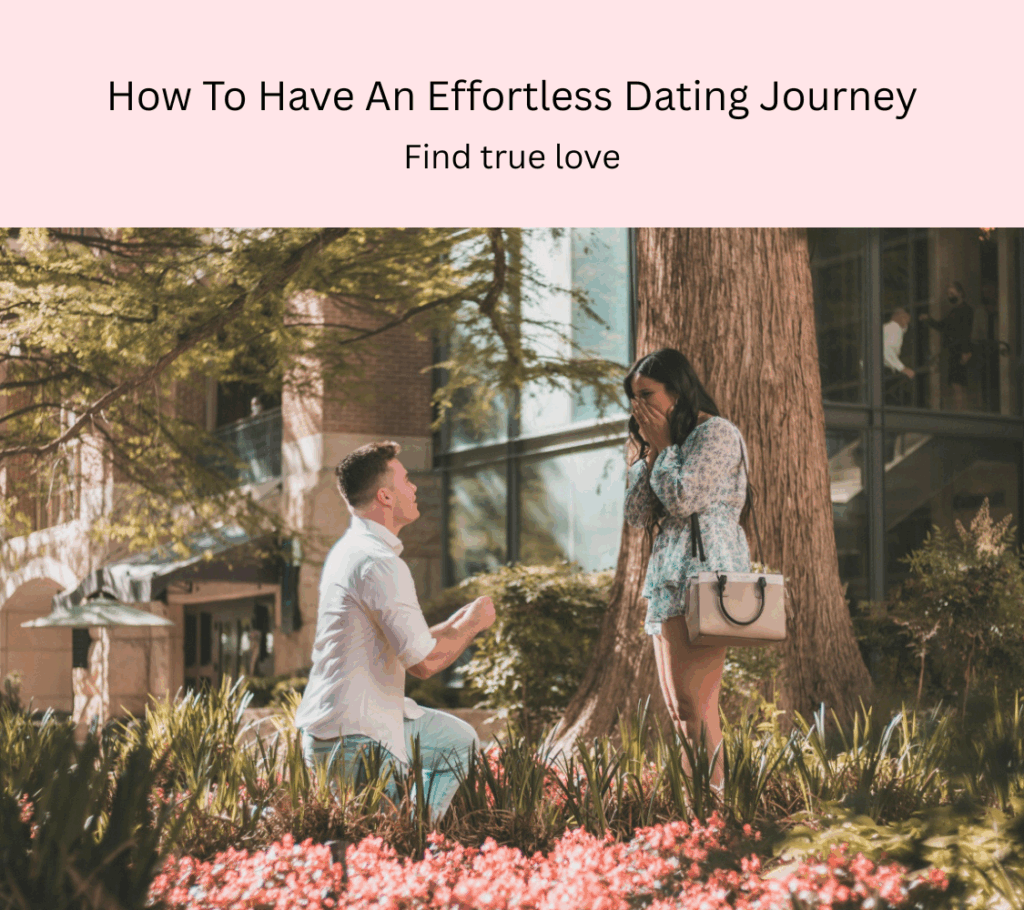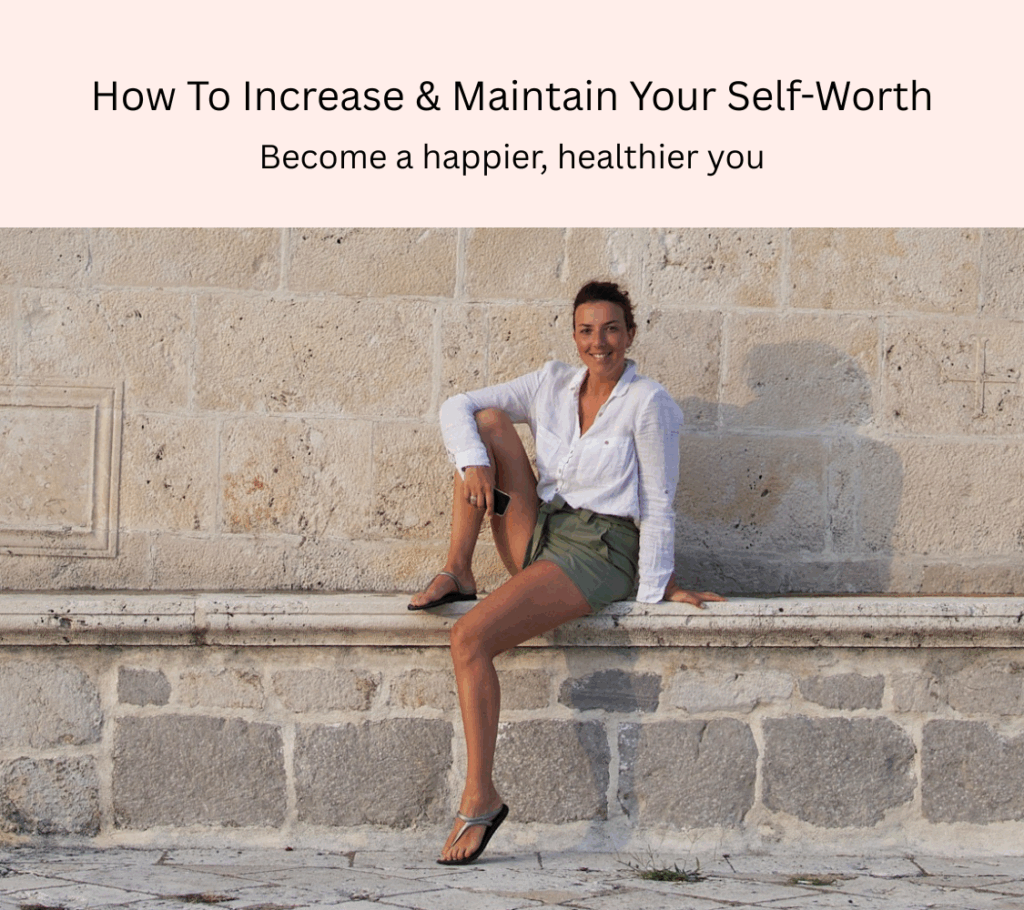
Like many of you, I’ve always had a testing relationship with social media for three main reasons:
- The narcissism on display; something which is completely at odds with who many of us are.
- The fact that you learn too much about people, more than you want to know, often more than they probably want you to glean; this can make us uncomfortable.
- The detrimental effects it has on people’s mental health and wellbeing (and points 1 and 2 are partially to blame for that); our own wellbeing and that of others.
So it’s perhaps unsurprising that a new study has found that there is a link between reducing one’s own social media use and increasing one’s wellbeing [1]. Woo hoo!
Reducing social media use helped wellbeing in several ways
Reducing social media can be easier and more realistic than abstinence, and this research highlights how far reaching the positive effects are.
Faulhaber et al. (2023) divided 230 undergraduate students from a large university in the US, into two groups [1].
One group was asked to limit their social media use to 30 minutes a day and they received daily reminders to self-limit in this way, whilst the other group was asked to use social media as usual.
After 2 weeks, those in the group that had self-limited their social media use, demonstrated significant improvements in their psychological wellbeing.
These people had experienced a reduction in:
- anxiety,
- depression,
- loneliness,
- fear of missing out, and
- negative affect (negative emotions and expression).
And they also increased in positive affect (positive emotions and expression).
The good news is you’re in control
The numerous positive outcomes highlights both how much social media can be hindering people’s wellbeing, given the numerous dimensions it affected, and that the old adage of ‘anything in moderation’ may be the best way forward.
Now you may be thinking, but, this was undergraduate students. And you’re right. The mean age was 22 years with the youngest being 18 years old and the oldest 52 years old. However, whilst you might think your brain, and thus your mental and physical health, is better able to withstand the negative effects of social media, do you know how much it affects you or do you actually need to test it?
Apply this self-limiting exercise to your own life (more on that shortly) and see what happens for you personally. What better way to work out if something is serving or sabotaging your wellbeing, relationship and life goals than an exercise to convey the contrast, such as undertaking a similar experiment in your own life.
Most of us use social media
It is important to note that there isn’t a huge amount of difference in the percentage of people who use social media in the 18-29 and 30-49 years age group [2]. For example, in a 2021 survey, 84% of 18-29 year olds reported using social media whilst 81% of 30-49 year olds reported doing so.
And in the 50-64 years age group, 73% of people reported using social media in 2021. In the 65+ age group it was a little under half, at 45%.
So most people aged 18-64 years are using social media.
Interestingly though, the percentage of 18-29 year olds using social media dropped from 90% in 2016 to 84% just 5 years later in 2021. So maybe our awareness of the oft researched negative effects, or that age group’s own self-awareness of the hindrance created by social media, has resulted in this trend towards abstaining from social media altogether.
Implement this in your own life
So if, like those in the study, you want to reduce your anxiety, depression, loneliness, fear of missing out, and negative affect (negative emotions and expression) and increase in positive affect (positive emotions and expression) – or at least find out if this happens for you too – then here is one way you could do it.
STEP 1
Set a reminder on your phone for the next two weeks that goes off every morning (or a few times every day) that reads, ‘Maximum 30 minutes social media use today’ or ‘Limit your social media use to 30 minutes today’, or something to that effect.
STEP 2
At the end of the day before you start your 2 weeks of limited social media use the next day, rate your experience for anxiety, depression, loneliness and fear of missing out, and positive effect, like so:
(A) On a scale of 1-10 (where 1 is barely and 10 is unbearably) rate the following…
- How anxious you felt today: ____
- How depressed you felt today: ____
- How lonely you felt today: ____
- How much fear of missing out you experienced today: ____
(B) On a scale of 1-10 (where 1 is very little and 10 is very much) rate the following…
- How much negativity did you feel and express today: ____
(C) On a scale of 1-10 (where 1 is very little and 10 is very much) rate the following…
- How much positivity did you feel and express today: ____
STEP 3
Limit your social media use to 30 minutes a day for the next 2 weeks.
- Either make a note of the start time and give yourself, for example, a 1, 5 or 10 minute limit for that social media session and make a written/typed note of the length of each social media session each day, or use an app that tracks it for you.
At the end of each day, rate the multiple dimensions of your wellbeing once again:
(A) On a scale of 1-10 (where 1 is barely and 10 is unbearably) rate the following…
- How anxious you felt today: ____
- How depressed you felt today: ____
- How lonely you felt today: ____
- How much fear of missing out you experienced today: ____
(B) On a scale of 1-10 (where 1 is very little and 10 is very much) rate the following…
- How much negativity did you feel and express today: ____
(C) On a scale of 1-10 (where 1 is very little and 10 is very much) rate the following…
- How much positivity did you feel and express today: ____
STEP 4
At the end of your two weeks of limiting your social media use to a maximum of 30 minutes a day, it’s time to look at your scores and reflect.
If you stuck to your 30 minutes social media use limit and your ratings to your self-administered questionnaire gave you the following results, then reducing your social media use to a maximum of 30 minutes a day has improved your wellbeing:
- your ratings in Part A came down over the 2 weeks
- your ratings in Part B came down over the 2 weeks, and
- your ratings in Part C went up over the 2 weeks.
The closer your ratings were to 1 in Parts A and B, the better.
The closest your ratings were to 10 in Part C, the better.
Better habits, better wellbeing, better life
Excitingly, this will give you newly found self-awareness on how your daily habits are affecting your life and how you can increase your wellbeing. It’s in your control.
Also imagine how much time you’ll have freed up, as well as mental head space, if you’re typically a big social media user. Much like deleting old unused files taking up the memory on your phone or laptop, free up that space on your body’s hard drive. You’ll likely work faster at other things too.
And we’re not saying don’t use social media, we’re talking about using it thoughtfully and in moderation. Better to make it worth your time and energy and focus than it cost your time, energy and focus and your wellbeing.
How To Increase & Maintain Your Self-Worth
Reference
1. Faulhaber, M. E., Lee, J. E., & Gentile, D. A. (2023). The Effect of Self-Monitoring Limited Social Media Use on Psychological Well-Being. Technology, Mind, and Behavior, 4(2: Summer 2023). https://doi.org/10.1037/tmb0000111
2. Pew Research Centre (2021). ‘Social Media Fact Sheet.’ Available at:
https://www.pewresearch.org/internet/fact-sheet/social-media/?tabId=tab-81867c91-92ad-45b8-a964-a2a894f873ef
Self-Help Courses Relationship Coaching Dating Coaching Anxiety Coaching Confidence Coaching

























